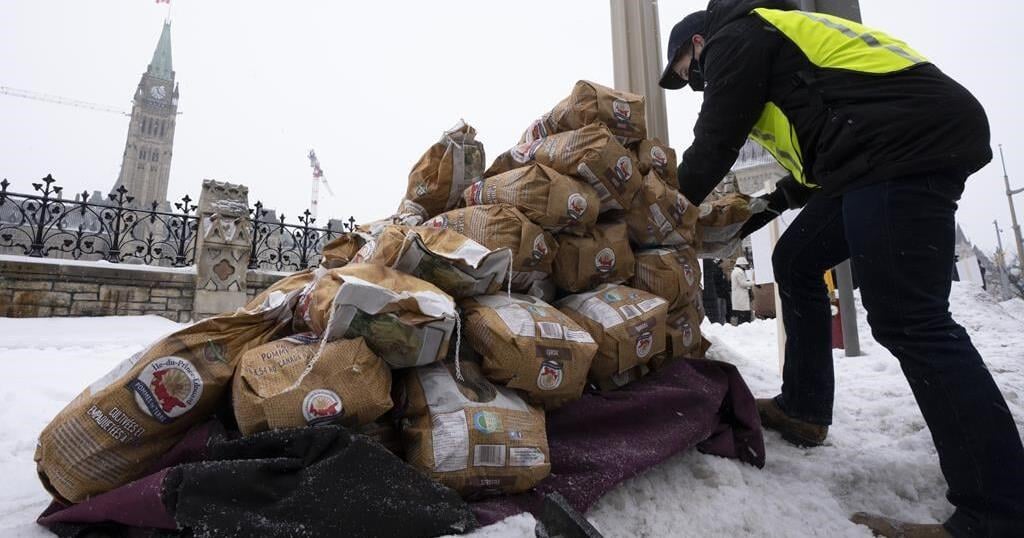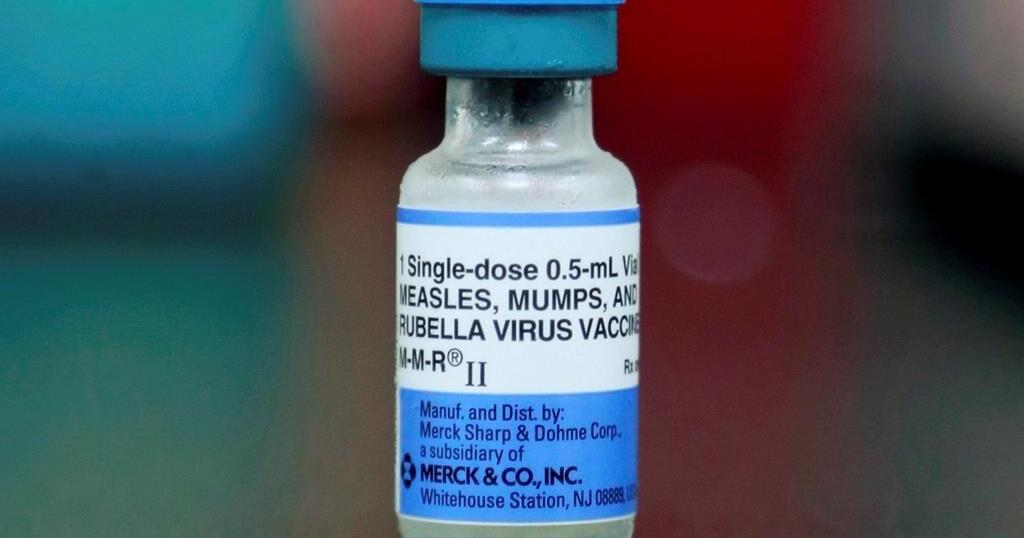TORONTO – An Ontario judge says any outstanding issues regarding a proposed $32.5 billion settlement between three major tobacco companies and their creditors should be solvable in the coming months.
Ontario Superior Court Chief Justice Geoffrey Morawetz has released his reasons for approving a motion last week to have representatives for creditors review and vote on the proposal in December.
One of the companies, JTI-Macdonald Corp., said last week it objects to the plan in its current form and asked the court to postpone scheduling the vote until several issues were resolved.
The other two companies, Rothmans, Benson & Hedges and Imperial Tobacco Canada Ltd., didn’t oppose the motion but said they retained the right to contest the proposed plan down the line.
The proposal announced last month includes $24 billion for provinces and territories seeking to recover smoking-related health-care costs and about $6 billion for smokers across Canada and their loved ones.
If the proposed deal is accepted by a majority of creditors, it will then move on to the next step: a hearing to obtain the approval of the court, tentatively scheduled for early next year.
In a written decision released Monday, Morawetz said it was clear that not all issues had been resolved at this stage of the proceedings.
He pointed to “outstanding issues” between the companies regarding their respective shares of the total payout, as well as debate over the creditor status of one of JTI-Macdonald’s affiliate companies.
In order to have creditors vote on a proposal, the court must be satisfied the plan isn’t “doomed to fail” either at the creditors or court approval stages, court heard last week.
Lawyers representing plaintiffs in two Quebec class actions, those representing smokers in the rest of Canada, and 10 out of 13 provinces and territories have expressed their support for the proposal, the judge wrote in his ruling.
While JTI-Macdonald said its concerns have not been addressed, the company’s lawyer “acknowledged that the issues were solvable,” Morawetz wrote.
“At this stage, I am unable to conclude that the plans are doomed to fail,” he said.
“There are a number of outstanding issues as between the parties, but there are no issues that, in my view, cannot be solved,” he said.
The proposed settlement is the culmination of more than five years of negotiations in what Morawetz has called one of “the most complex insolvency proceedings in Canadian history.”
The companies sought creditor protection in Ontario in 2019 after Quebec’s top court upheld a landmark ruling ordering them to pay about $15 billion to plaintiffs in two class-action lawsuits.
All legal proceedings against the companies, including lawsuits filed by provincial governments, have been paused during the negotiations. That order has now been extended until the end of January 2025.
In total, the companies faced claims of more than $1 trillion, court documents show.
In October of last year, the court instructed the mediator in the case, former Chief Justice of Ontario Warren Winkler, and the monitors appointed to each company to develop a proposed plan for a global settlement, with input from the companies and creditors.
A year later, they proposed a plan that would involve upfront payments as well as annual ones based on the companies’ net after-tax income and any tax refunds, court documents show.
The monitors estimate it would take the companies about 20 years to pay the entire amount, the documents show.
This report by The Canadian Press was first published Nov. 5, 2024.































